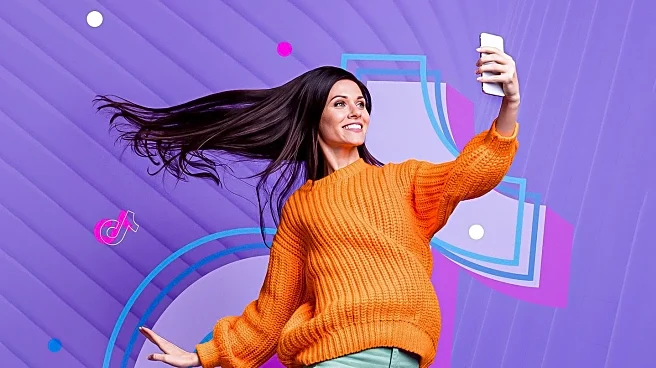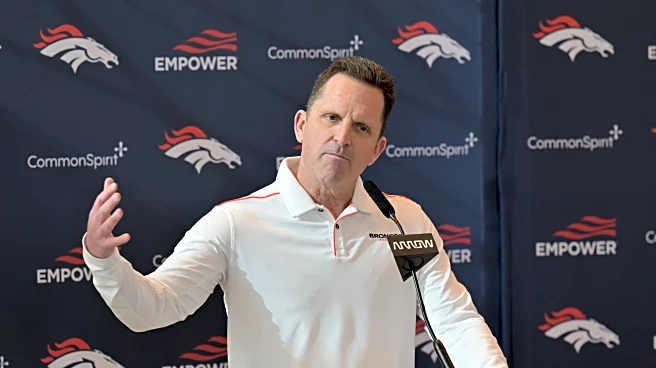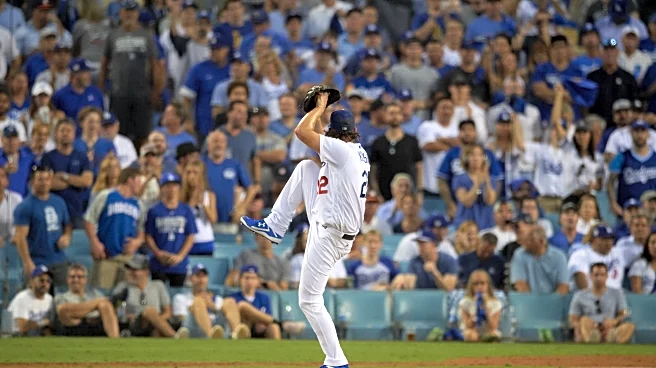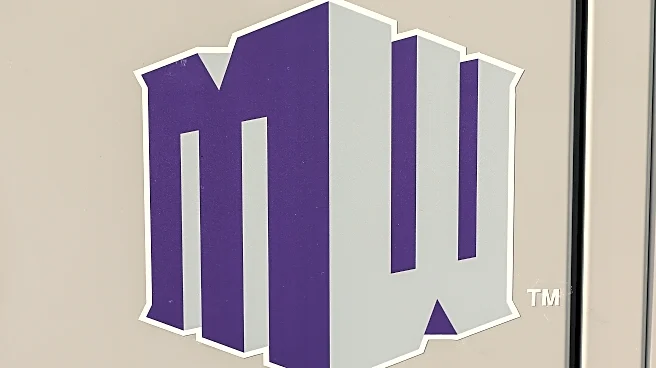What's Happening?
Legacy teen retailers such as Hollister and American Eagle are experiencing a resurgence in popularity among Gen-Z consumers, driven by the ongoing Y2K trend. According to Piper Sandler's 'Taking Stock with Teens' survey, these brands are competing for the top spot among female shoppers, with Hollister achieving a 19% increase in sales and American Eagle reaching $1.28 billion in sales during the second quarter. The success is attributed to strategic marketing campaigns, including American Eagle's collaboration with Sydney Sweeney and Hollister's 25th-anniversary collection. Other retailers like Pacsun and Urban Outfitters are also capitalizing on the Y2K wave through collaborations and cultural activations.
Why It's Important?
The revival of Y2K fashion highlights the influence of social media platforms like TikTok in shaping consumer preferences and driving sales for legacy brands. By tapping into nostalgia and aligning with Gen-Z's cultural interests, these retailers are able to maintain relevance and compete with fast fashion giants. The success of these brands underscores the importance of understanding and engaging with younger demographics, who are known for holding brands to high standards. This trend may encourage other retailers to explore similar strategies, focusing on authenticity and cultural resonance to capture the attention of Gen-Z consumers.
What's Next?
As the Y2K trend continues to gain momentum, retailers may further invest in collaborations with influencers and cultural events to strengthen their connection with Gen-Z. Brands will likely explore new ways to integrate digital and in-person experiences, creating shareable moments that resonate with younger audiences. The focus on authenticity and cultural relevance may lead to innovative marketing strategies that prioritize consumer engagement over traditional advertising methods. Retailers will need to remain agile and responsive to changing trends to sustain their success in the competitive fashion landscape.











